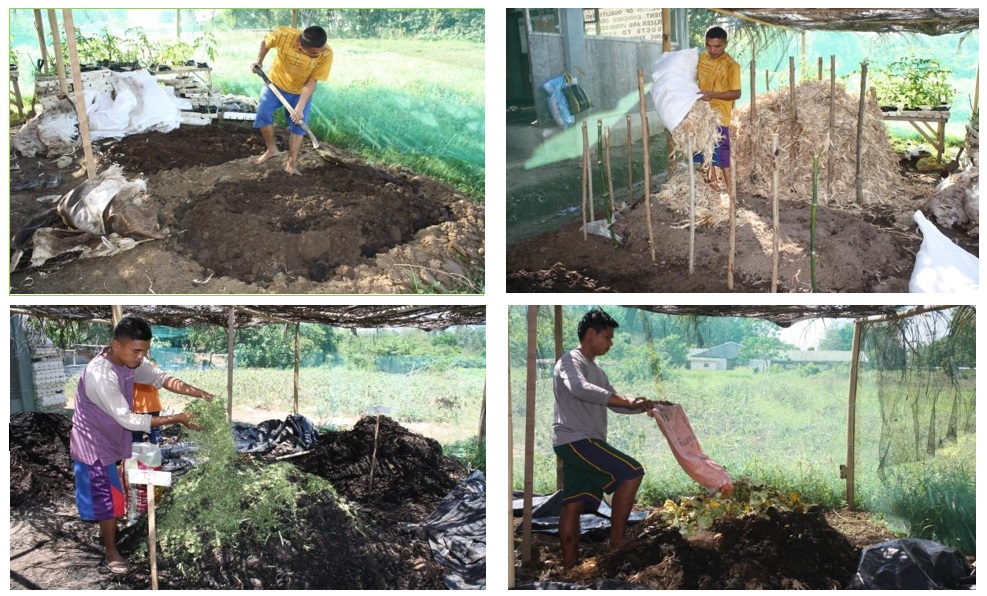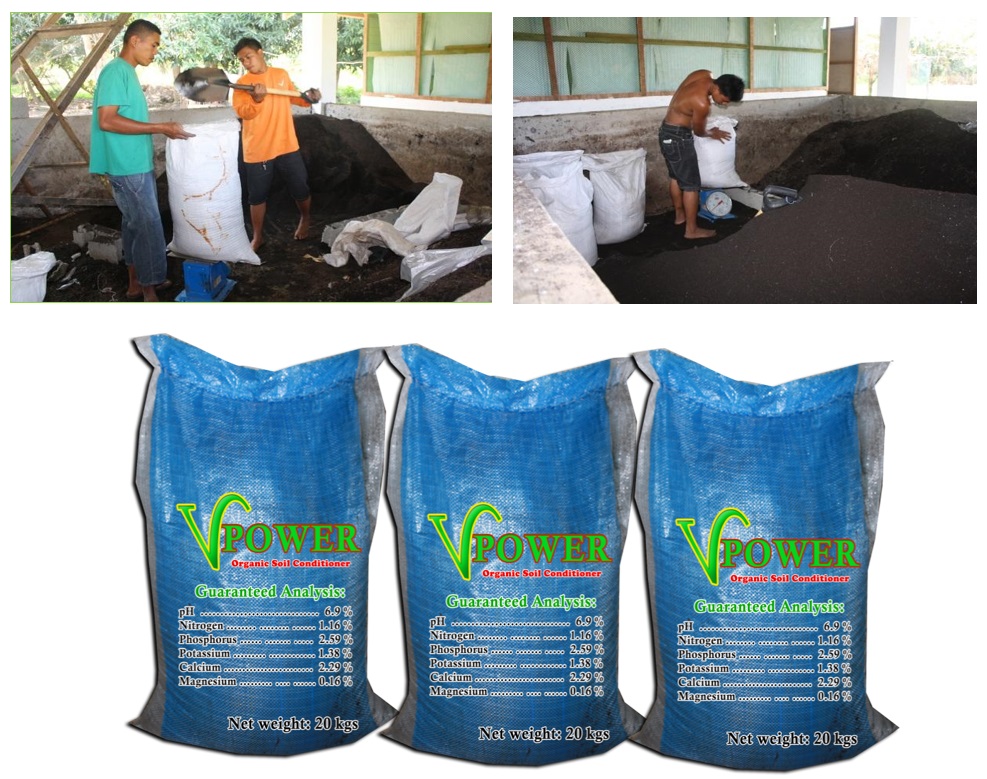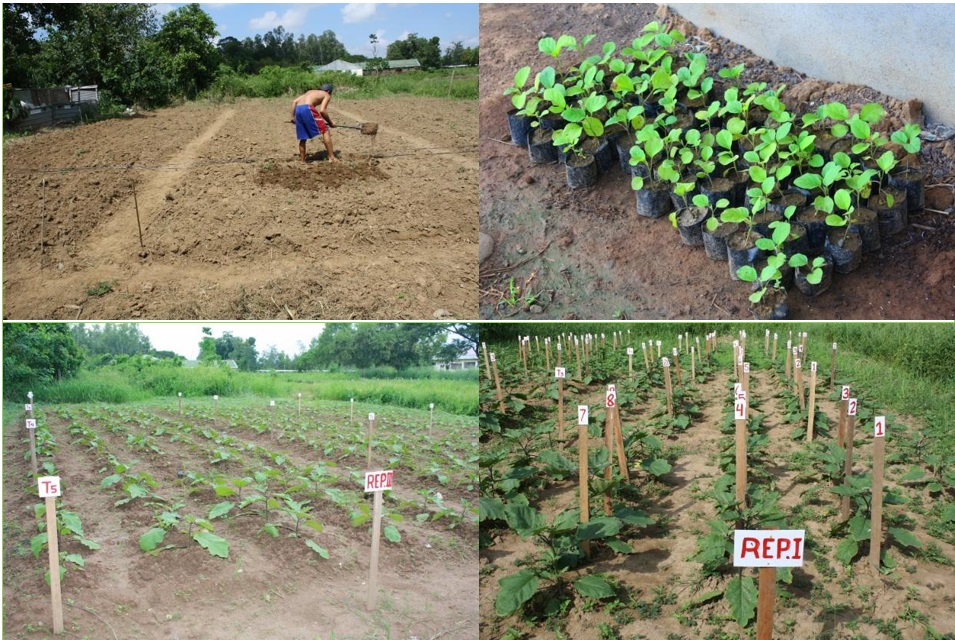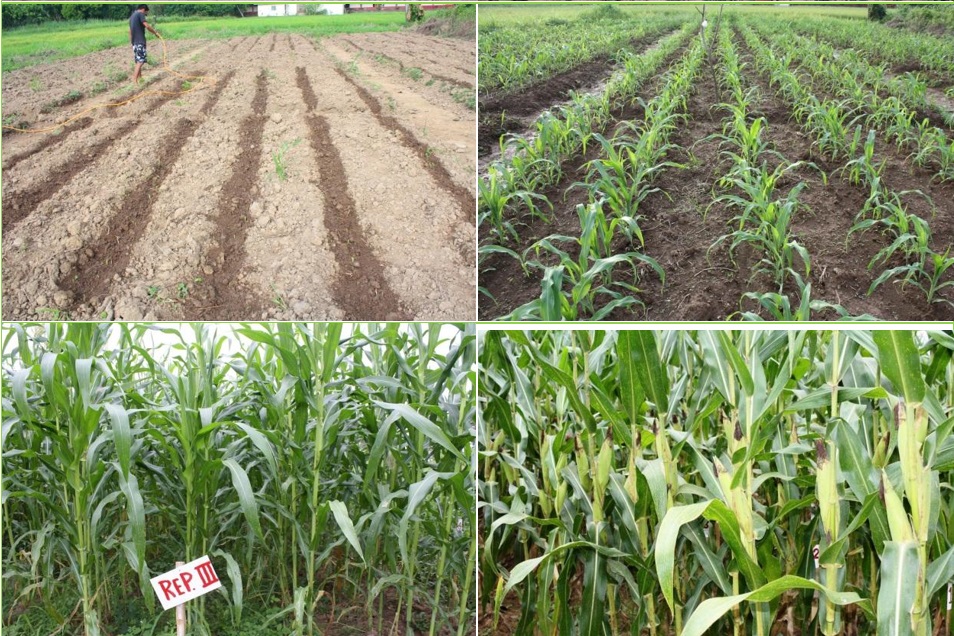2022 – Reports | SDG 12 – Responsible Consumption and Production

Isabela State University focuses on “Responsible Consumption and Production” and aims to ensure sustainable consumption and production patterns. While SDG 12 is not designed exclusively to help Isabela State University, it can benefit from and contribute to this goal in several ways:
Education and Awareness: Isabela State University plays a critical role in educating students, communities, and society at large about responsible consumption and production by incorporating sustainability and responsible consumption principles into their curricula, promoting awareness and behavior change among the students.
Research and Innovation: Isabela State University can engage in research and innovation to develop sustainable products and processes. They can study and provide solutions for more sustainable production methods, resource efficiency and waste reduction.
Sustainable Practices on Campus: Many universities, including Isabela State University, are adopting more sustainable practices on their campuses such as reducing energy and water consumption, managing waste effectively and sourcing products responsibly. The university has set guidelines on waste collection, disposal, and recycling.
Center for Organic Agriculture Research Extension and Training (COARET)
One of the hallmarks of the University’s undertaking in the field of research are its centers. These facilities altogether had contributed to the pioneering efforts of the University in quest of new knowledge that not just had gained various recognition around the country, but impacted as well on the community. It is widely used to attain one of the sustainable development goals which is the responsible consumption and production.
The Center for Organic Agriculture Research Extension and Training (COARET) was created to focus on research and production of organic fertilizers by utilizing agricultural wastes. Agricultural wastes are often useless and discarded by farmers, burned or left to decay in the open fields which pose a threat to the environment and risk to human health.
The conversion of solid wastes into a valuable resource such as organic compost or organic fertilizer is a worthwhile strategy for saving the Earth from further degradation generated by improper waste disposal and management. Moreover, the continuous use of organic fertilizer as a source of plant nutrients for vegetable production not only reduces the cost of fertilizer but serves as the ultimate solution for restoring the lost fertility of agricultural soils as well as soil health; this leads to sustained soil productivity. Production of organic fertilizer from agricultural wastes and its subsequent utilization in crop production and soil rehabilitation is therefore recommended to reduce the volume of agro-wastes that are dumped and burned, thus minimize environmental pollution and degradation and increase the productivity of agricultural land. The Center promotes efficient management and utilization of agricultural wastes by converting into valuable by-products like organic fertilizers, thus reducing their otherwise negative impacts. It involves identification of best substrate combinations and evaluation of its efficacy as source of plant nutrients for selected crops and its effect on soil properties. The Center also undertakes research and production of organic fertilizers using different substrates.

Phase II. Organic Fertilizer Production

Field evaluation of the nutrient-enriched organic fertilizer on rice, corn and selected vegetables




















